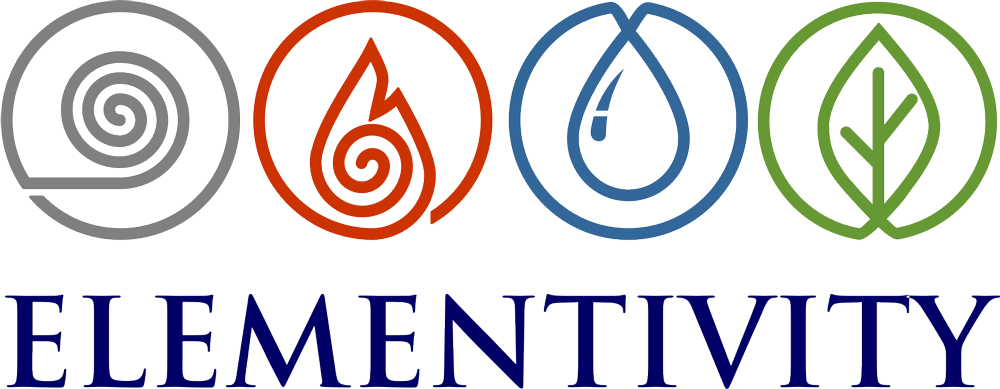
Have you read a good book lately? Take an extra long bath? Or, maybe you tried your hand at planting some plants or flowers recently.
All of these are definitely forms of self care. But they’re definitely not the full picture.
I wanted to spend some time to talk to you about what self care is and isn’t, and hopefully inspire you to approach self care in a new way.
 What is self care?
What is self care?
There are many articles circulating now about the importance of self care. But really what is self care? For many of us our messages about what it is and our model for selfcare might have been just as unsure. Let’s first look at the word care. As individuals the word care is personal. Care is defined as providing what is necessary for the health, welfare, maintenance and protection of someone or something.
Not taking care of yourself is selfish.
For those of you who have taken my Elementivity Quiz and are earth or water, you understand the word care. Life for many of us is all about caring and tending to others. However, you may have forgotten that you are someone that needs care too.
When you don’t take care of yourself, you’re putting those around you at risk of you being tired, cranky, burnt out, or even sick. Sometimes this kind care can take on a phenomenon known as self-exploitation. Don’t get me wrong, it’s a great gift to care for others. The challenge is when you think your mantra has become “I take care of myself by taking care of others.” This isn’t a bad quality at all; however, in times of stress and challenge, taking care of others is not taking care of you.
Think about this: When you’re on an airplane, the flight attendant instructs you to put your mask on first before assisting others in an emergency. You’re kidding yourself if you think you’re fine watering everyone else’s garden except your own. You’re not fine, and you need to learn to save some water for yourself.
Use self-indulgence sparingly.
The other side of the coin in the path to self care is self-indulgence. This has the elements of fire and air written all over it!
What element are you? Take the quiz.
Self-indulgence is often a disguise to cover up the stress or a daunting challenge. Self-indulgence looks like going to every virtual happy hour you can find to gain the social contact you are craving or eating that whole bag of chips while spending all afternoon on social media.
For the extroverts, social distancing is tough. Contact, activity, information and connection feel essential for an extrovert. So, to cope, indulgence is a common strategy we use when we are feeling stressed or challenged. But, taking a pause is so important to slow the progression of an indulgence behavior.
Shift your mindset.
It is now more important than ever to shift lifelong patterns and consider the deeper possibilities of self care. One of the best ways to begin to bring more self care into our lives is to recognize that self-care is not one-size-fits-all.
Self-full vs. Self care
The best kind of self care is when you are being “self-full”. When you are self-full you are willing to admit you need to care for yourself and are worth the time and effort. Self care is self-full when you have explored the stressor and have felt a sense that what you are doing for yourself addresses the stress instead of just masks the issue.
Give yourself permission to self care for yourself.
It’s very important to give yourself permission to create a self care routine that authentically matches you and your needs.
Here are five simple questions to begin your exploration:
- How is my inner and outer world out of balance?
- How will self care help me create balance?
- How do I know I am important?
- How do I know I am safe?
- What activities bring me joy?
These questions will help you fight the tendency to believe old stories and patterns and search for the truth inside of you for a new self-full self care routine.
A regular focus on self care has been shown to reduce anxiety, improve productivity, boost mood, and power up your immune system. In these times more than ever, can’t we all use a bit of self care?

